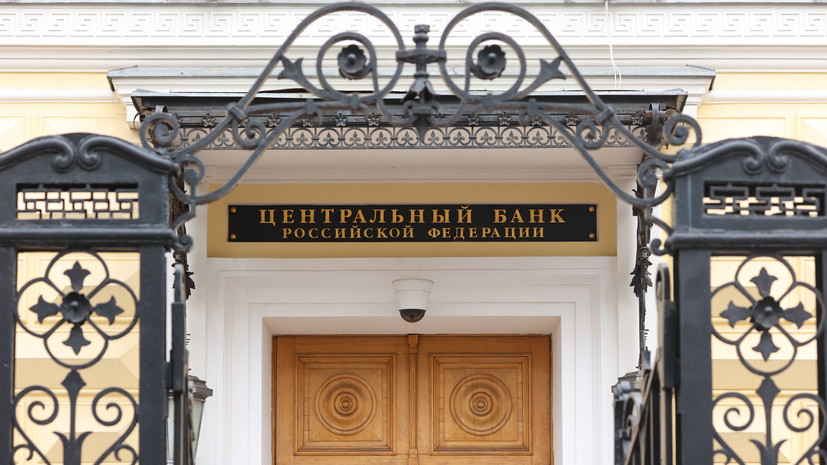The Central Bank of Russia has maintained the key interest rate at 16% per annum for the fourth consecutive time, a decision taken during its early summer meeting on June 7th. This move underscores the regulator's concern about the growing balance of pro-inflationary risks, as consumer prices for goods and services in Russia accelerated from 7.8% in April to 8.1% by early June.
The Central Bank has indicated that meeting its 4% inflation target will require maintaining tight monetary conditions for a longer period than initially expected. This stance is aimed at managing the economic dynamics where the growth in domestic demand continues to outpace the supply of goods and services. Consequently, the possibility of raising the key rate in the next meeting is under consideration.
Changes in monetary policy are essential tools for controlling inflation. When faced with a noticeable rise in prices, the Central Bank increases the interest rate, leading to more expensive loans and higher deposit returns. This generally causes households and businesses to borrow less, spend less, and save more, thereby reducing economic activity and eventually weakening price pressures. Conversely, if the inflation rate drops, the Central Bank may lower the rate to stimulate business and consumer activity.
The inflation scenario in Russia remains complex. The recent rate hikes have yet to fully affect the economy, and the labor market still shows a shortage of personnel, leading to increased wages and sustained high consumer demand. Experts like Alexander Bakhtin from BCS World of Investments and Vladimir Malinovsky from Rosgosstrakh Life Insurance posit that the high inflation is partly due to the corporate sector's active borrowing in anticipation of a rate cut that did not materialize.
In the spring of 2022, the Russian economy faced severe inflation spikes, hitting nearly 18% due to various factors, including Western sanctions. The Central Bank responded by raising the key rate to a record 20% per annum and implementing anti-crisis measures, which eventually stabilized the economy and slowed down price growth. By the end of 2022, annual inflation dropped to 11.9%, leading to a reduction in the key rate to 7.5%. However, by spring 2023, inflation rebounded, necessitating another rate increase to 16%.
Analysts are divided on the future trajectory of Russia's key interest rate. Some expect a gradual shift to easing monetary policy by the end of 2024, while others predict this will not occur until 2025. Economists like Konstantin Tserazov emphasize the unpredictability in achieving the optimal interest rate to control inflation, suggesting the Central Bank may continue adjusting the rate as needed.
In contrast, the European Central Bank (ECB) has decided to lower interest rates for the first time in five years, reducing the standard deposit rate by 25 basis points to 3.75%. This decision marks the beginning of a monetary easing cycle, although uncertainty around inflation remains. ECB President Christine Lagarde mentioned that while inflation has moderated, it is expected to stay above the 2% target next year.
The ECB's action aligns with recent moves by central banks in countries like Canada, Sweden, and Switzerland, which have started to abandon their high interest rate policies post-pandemic. Analysts anticipate two more rate cuts by the ECB this year, possibly in September and December, but caution that the path of future cuts depends heavily on inflation trends.
- The next meeting of the Central Bank of Russia's Board of Directors is scheduled for July 26. Experts suggest that the regulator's decision will largely hinge on the inflation trajectory in the coming weeks. If inflation continues to rise, the key rate may be increased by up to two percentage points, reaching 17.5-18% per annum.
- On the European front, despite the recent rate cut, ECB President Christine Lagarde has highlighted a cautious approach. With inflation expected to stay elevated, the ECB will monitor economic data closely before committing to further rate reductions. Analysts point out that the inflation rate in service sectors remains particularly high, complicating the outlook for aggressive monetary easing.






